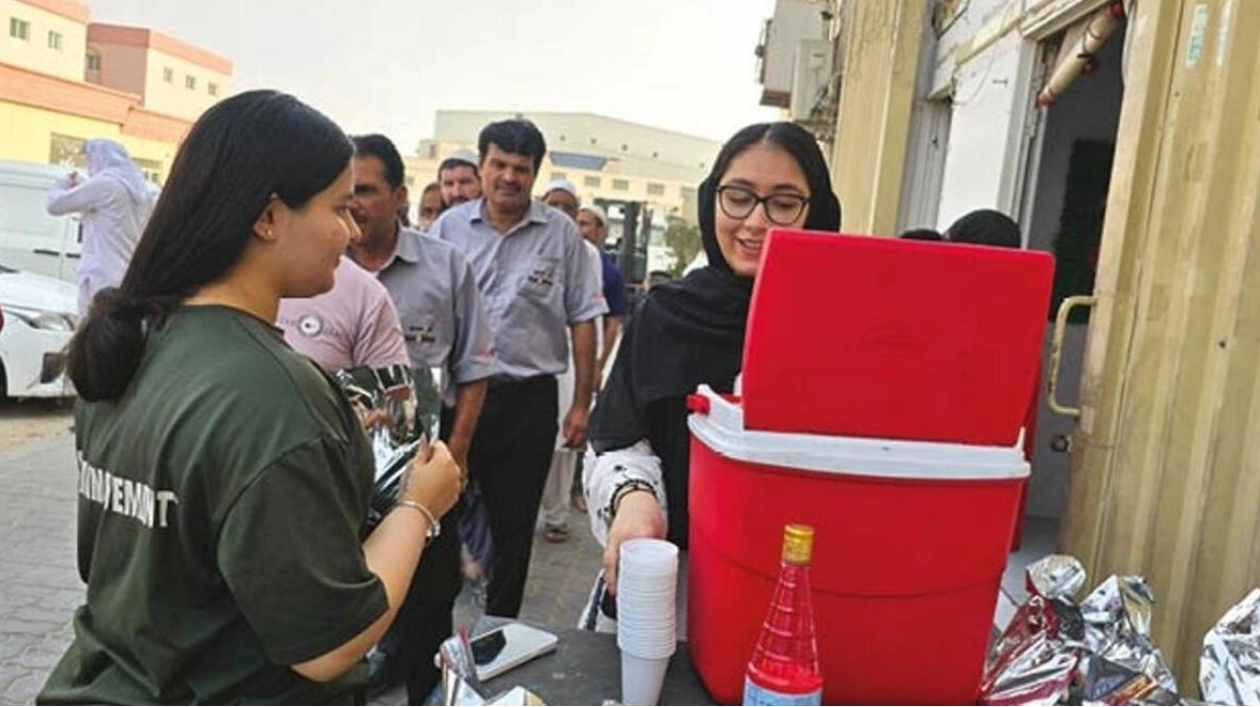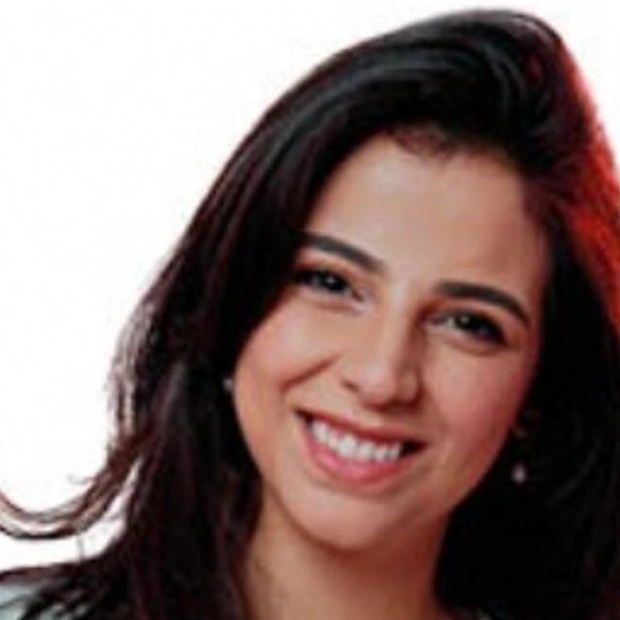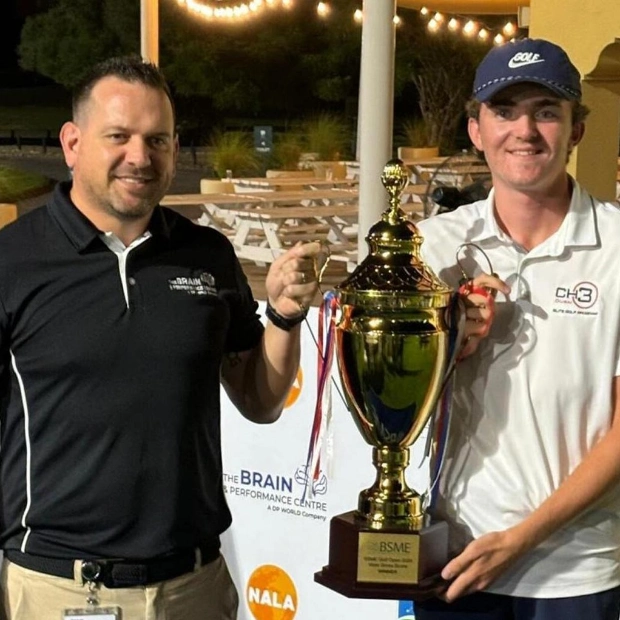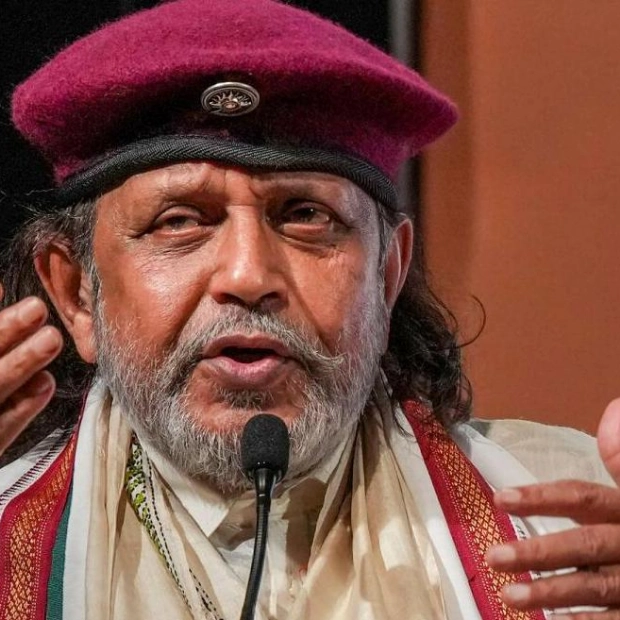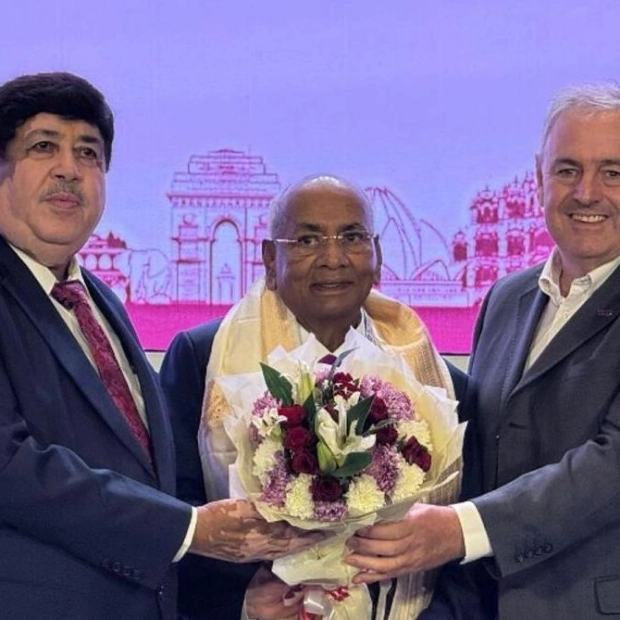Her five kitchens across the UAE are constantly active, operating 24/7. Her staff works tirelessly to ensure that people are well-fed and their health is sustained. Each kitchen serves between 12,000 and 15,000 individuals daily. However, Ayesha Khan, the founder of Food ATM, insists that she is not in the food business.
Established in 2019, Food ATM provides fully prepared meals to low-income workers at prices ranging from 50 fils to Dh3. If they cannot afford to pay, the meals are provided free of charge. Ayesha explains, "This transcends mere catering; it's about making a community impact." She believes that by helping workers save on food costs, they can better support their families, ensuring their children receive education, healthcare, and other essentials.
Growing up in Ahmedabad, Gujarat, in a middle-class family, Ayesha's life changed dramatically when her father died when she was 17. She began tutoring and coaching to support her family, including her brother's education and her mother's dialysis. She experienced firsthand the struggle between necessities like books, medicine, and food, and vowed to help feed the hungry when she could.
After graduating, Ayesha joined BSNL, India's leading telecom operator, and later moved to Dubai in 2006, working as a telecom engineer with du. She started cooking as a stress relief and realized the appreciation low-wage workers had for her meals, which led her to focus on making affordable meals accessible.
In 2019, she launched the first Food ATM in Ajman, despite facing numerous challenges, including selling her property in India and enduring financial losses. The pandemic in 2020 transformed her business, leading to recognition from the Guinness World Records and a position on the Board of Directors of the United Nations Global Compact, UAE Chapter.
Corporate organizations contract with Food ATM for three meals daily for over 3,000 workers, issuing a card based on payment. The card, which includes a photo and QR code, tracks meal counts, resetting monthly. Sponsors pay in advance, and workers not under contract can pay cash for meals.
Ayesha's model focuses on using near-expiry food items to provide affordable meals, reducing food waste and supporting laborers. She advocates for education on food waste, praising the UAE government's sustainability efforts and suggesting outreach to universities.
Five years into the venture, Ayesha aims to expand Food ATM across all Emirates, despite challenges like high rents, striving to make affordable and accessible food a reality throughout the UAE.
